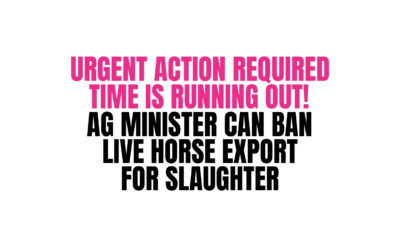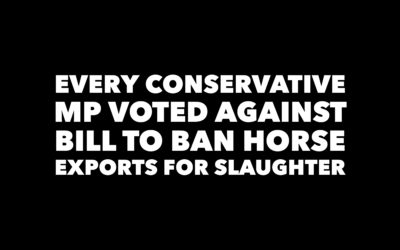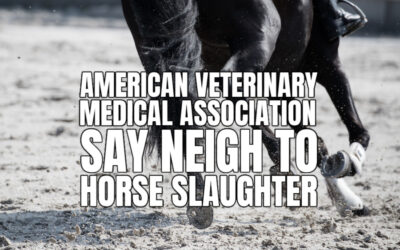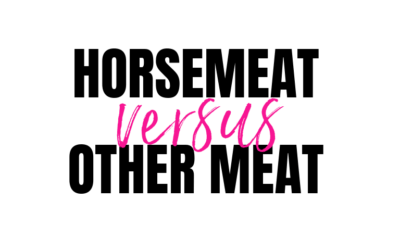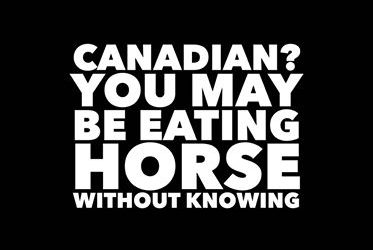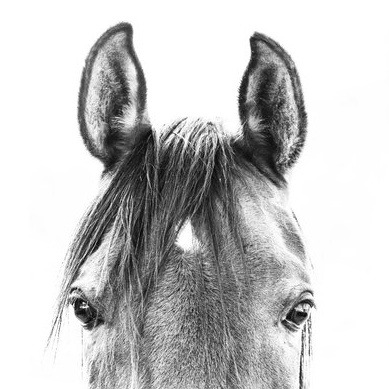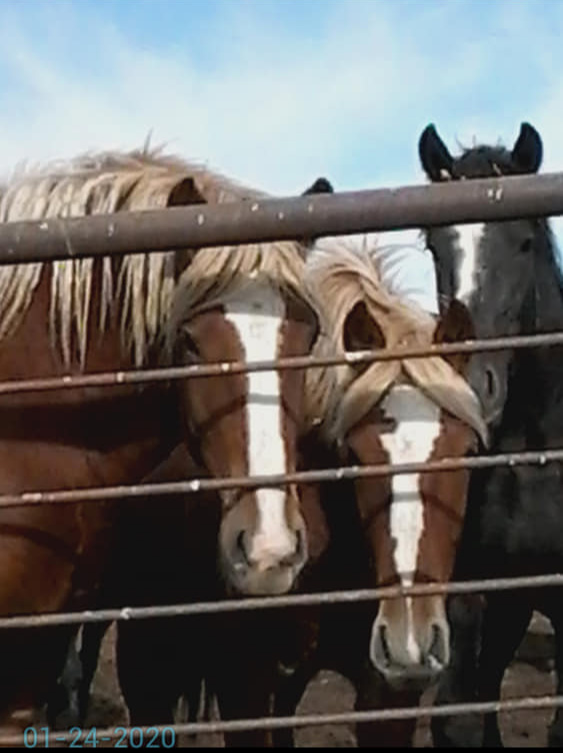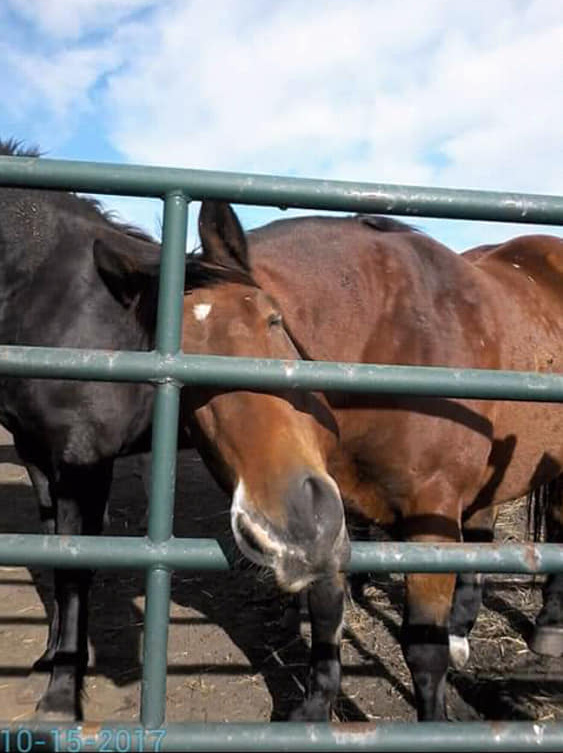IS BILL C-355 DEAD & WHAT'S NEXT?On January 6, 2025, Governor General Mary Simon granted Prime Minister Justin Trudeau’s request to prorogue Parliament until March 24, 2025. Prorouging stops all parliamentary business; members of Parliament are sent home, no...
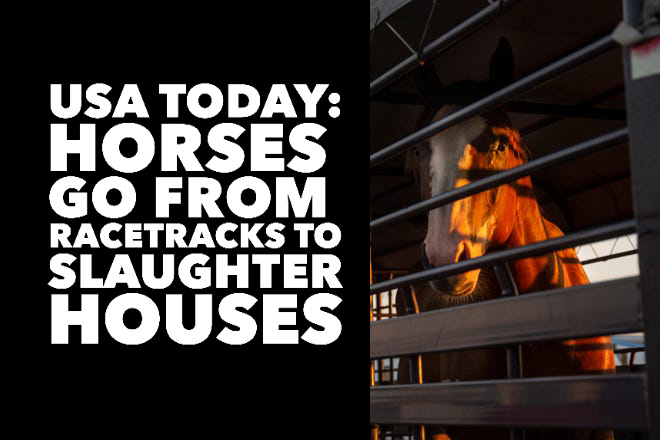
USA TODAY: Horses go from Racetracks to Slaughterhouses
Re-post worthy article and VIDEO from USA TODAY.
FORNEY, Texas — Mike McBarron stepped out of the 96-degree heat and into a shed on his feedlot after loading 37 horses onto a truck. They were headed to Mexico, where they would be slaughtered and shipped around the world for human consumption.
“It’s just a job to me,” McBarron told USA TODAY Sports. “I mean, I don’t attach myself to them. I don’t fall in love with them.”
McBarron, 48, is one of the country’s most prolific “kill buyers,” people who buy horses and sell them to slaughterhouses. They also represent an uncomfortable reality for the horse racing industry.
Over the past decade, an average of more than 600 thoroughbreds a year have died because of racing, according to research by the USA TODAY Network.
By contrast, an estimated 7,500 thoroughbreds a year are slaughtered for human consumption, according to Alex Waldrop, president of the National Thoroughbred Racing Association (NTRA).
“The problem is that the entire industry is a conveyor belt for slaughter,’’ said John Holland, president of the Equine Welfare Alliance, a nonprofit organization dedicated to ending the slaughter of American horses. “They just keep cranking them (out).’’
McBarron, who acknowledged he has bought and sold retired racehorses for slaughter, has sent tens of thousands of horses to slaughter plants and generated millions of dollars in revenue, according to invoices cited in an informal investigation conducted by a nonprofit group called Animals’ Angels.
That practice is unlikely to be a popular topic this week at the Breeders’ Cup, which has attracted many of the sport’s top horses and intense scrutiny of the sport.
So what can you do to help stop this barbaric slaughter of race and other horses being slaughtered for human consumption?

T-SHIRTS IN SUPPORT OF HORSE RESCUE FUND
LIMITED TIME OFFER FREE SHIPPING CANADA & USA
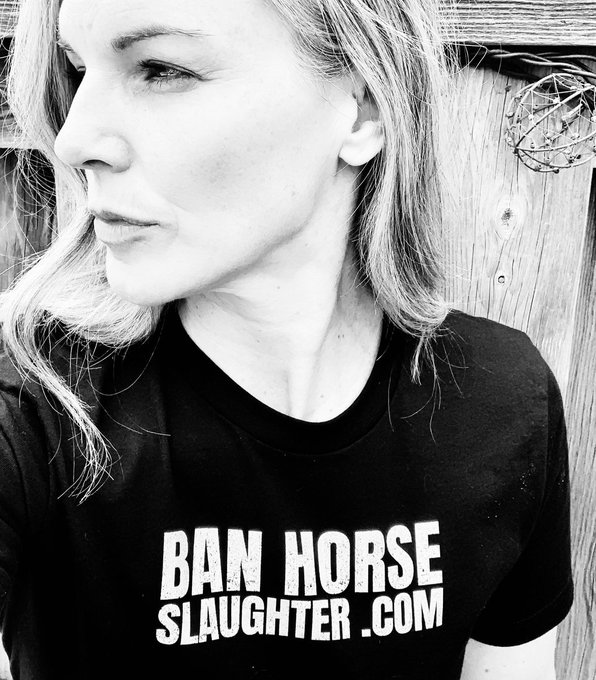
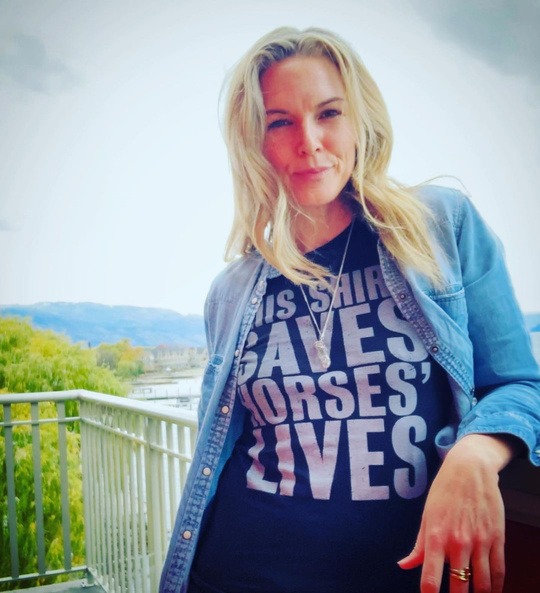
AG MINISTER CAN END LIVE EXPORT
BOUVRY FINED
JANUARY 6, 2025 BOUVRY FINED A "guilty plea of sorts" today for Bouvry. Instead of going through with scheduled court dates, Bouvry will pay... $17,000.00 in fines and surcharges. Plus a small fortune they would’ve likely dished out for Calgary counsel. January 6,...
URGENT: HELP SAVE 8 HORSES FROM SLAUGHTER
JAN. 18/25 UPDATE: THANKS TO YOUR HELP 16 HORSES ARE SAFE (2 NOW IN PERMANENT HOMES) BUT WITH YOUR HELP WE HAVE ROOM TO SAVE 4 MORE. BOUVRY IS SLAUGHTERING HORSESFirst, let's start with the fact that the Bouvry slaughter plant in Alberta is STILL slaughtering horses....
SHOW HORSES SHIPPED TO JAPAN FOR SLAUGHTER
First published August 31, 2022 - UPDATED December 14, 2024. Have you ever wondered who is behind exporting horses from Canada to Japan for the purpose of slaughter for human consumption?According to an article from Ontario Farmer magazine titled: HORSES STILL HEAD TO...
CONSERVATIVES IN FAVOUR OF HORSE SLAUGHTER
SOCIAL MEDIA WRONGLY BLAMING PM TRUDEAU Recently on social media, we’ve noticed some advocates blaming Prime Minister Trudeau for the ongoing export of horses from Canada to Japan and other markets for the purpose of slaughter. We are thankful that Prime Minister...
VIDEO: LEAH TAYLOR ROY
STANDING COMMITTEE ON AGRICULTURE AND AGRI-FOODLiberal MP Leah Taylor Roy is a driving force behind Bill C-355. We love how she made use of the short time given her to set the record straight as to how pet, show, sport and race horses are shipped by air versus the...
PUBLIC HEALTH RISKS OF HORSEMEAT
AMERICAN VETERINARY MEDICAL ASSOCIATION Quotes are taken from a review published January 26, 2023, titled A review of horses sent to slaughter for human consumption: impact of horsemeat consumption, residual banned drugs, and public health risks...the exportation of...
HORSE MEAT VERSUS BEEF
WHAT'S THE DIFFERENCE BETWEEN EATING HORSE MEAT VERSUS CHICKEN, PORK, LAMB OR BEEF?That is a fair question and one that those of us dedicated to ending the slaughter of horses in Canada and beyond, for human consumption, are frequently asked. Let's start by saying...
YOU MAY BE EATING HORSE MEAT WITHOUT KNOWING
This blog post is worthy of a re-post. You may also be interested in Happy Canada (Slaughters Horses) Day as well.Why aren't Canadian food inspectors surprised there's horse meat in YOUR sausages? Beware, summer BBQ-ers: there could be horse meat in your pork...
DEMAND AG MINISTER IMPLEMENT A REGULATORY AMENDMENT...
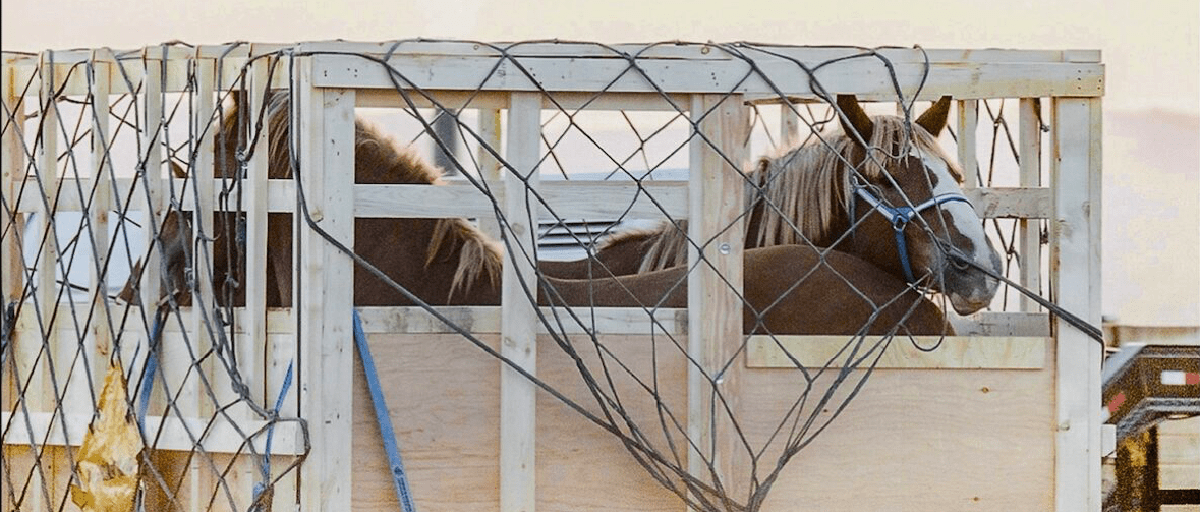
The Honourable Lawrence MacAulay, the current Minister of Agriculture and Agri-Food, has the power to end the inhumane export of horses by air for slaughter by enacting a regulatory amendment.
Help spread the word by sharing this email campaign with friends and family! You can also support the cause by donating—your contribution will help fund advertising efforts to raise awareness and push for change. Every action makes a difference!


